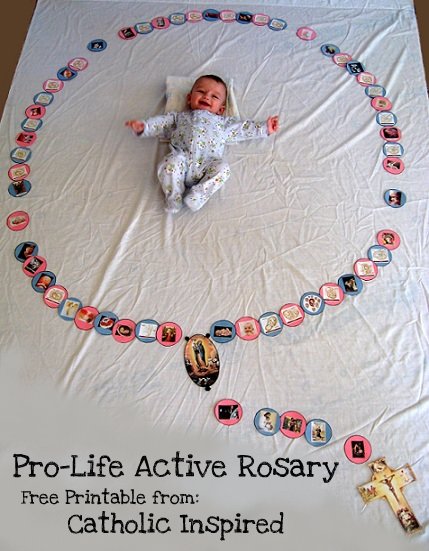| Immediate Responses to His Call | ||
|
||
|
Third Sunday in Ordinary Time
|
||
|
|
||
|
Matthew 4:12-23 When Jesus heard that John had been arrested, he withdrew to Galilee. He left Nazareth and went to live in Capernaum by the sea, in the region of Zebulun and Naphtali, that what had been said through Isaiah the prophet might be fulfilled: "Land of Zebulun and land of Naphtali, the way to the sea, beyond the Jordan, Galilee of the Gentiles, the people who sit in darkness have seen a great light, on those dwelling in a land overshadowed by death light has arisen". From that time on, Jesus began to preach and say, "Repent, for the kingdom of heaven is at hand." As he walked by the Sea of Galilee, he saw two brothers, Simon, who is called Peter, and his brother Andrew, casting a net into the sea; they were fishermen. He said to them, "Come after me, and I will make you fishers of men." At once they left their nets and followed him. He walked along from there, and saw two other brothers, James son of Zebedee and his brother John. They were in a boat with their father Zebedee, mending their nets. He called them, and immediately they left the boat and their father, and followed him. He went around all of Galilee, teaching in their synagogues and proclaiming the gospel of the kingdom and curing every disease and illness among the people. Introductory Prayer:Jesus, what a beautiful day in the life of your disciples: you walked along the shore and called them! I wish to respond to your gentle call in the same way they did. I know that you will never lead me astray; rather, you will protect me and lead me home to heaven. Here I am Lord, at your service. Petition:My dear Lord Jesus, help me follow you faithfully without weighing the cost. 1. Just Walking along the Shore: It might appear that Christ’s meeting his first disciples was a chance encounter: He was out walking and saw them. The overall context tells us much more. John was in prison, and Jesus knew his time had come. A significant part of his mission for the next three years would be to teach and form his apostles. These apostles had been selected by Divine Providence since the beginning of time, and now the call to them was made. These were not chance encounters. Jesus knew who he wanted and what he would ask of them. He also knows each of us and what he wants from each of us. His love and attention are entirely personal and very important to him. 2. A Simple Call: When Jesus engages the rich young man later in his life (cf. Matthew 19:16-22), the conversation is much more involved than the brief meetings in today’s Gospel. Here, Jesus approaches and asks the four men to follow him. It is simple, and it is brief. Many other steps in their mission will be made known later. For now: “Follow me!” We cannot spend our lives waiting for God’s call to do something great. In the process we might miss the many simple calls of everyday life: calls to be more charitable with our friends and family, calls to be more patient with our children, calls to be more generous in helping a neighbor in need. Be generous in the small things, and then we will be generous in the greater things. 3. They Left Everything: The disciples’ response was heroic. They followed immediately, totally and joyfully. What is my attitude to God’s will in my life? His will is made known to me through the norms and laws of his Church and through the indications of my superiors or parents. Do I respond selflessly? Or do I count the cost and negotiate a deal before I follow him? “What can I get out of this?” I will get an eternity of bliss only if I generously follow him. Conversation with Christ:Lord, I need to understand better that you desire a personal and intimate relationship with me like. What can I do to show better my gratitude for your call? For your graces? Help me see that it makes a difference to you how I respond. To you I am not a number or a statistic. I am a soul for which you died. Resolution:Today I will deal with others in a way consistent with my condition as an adopted child of God. I will avoid any pettiness or selfishness in responding to the requests of others. |



